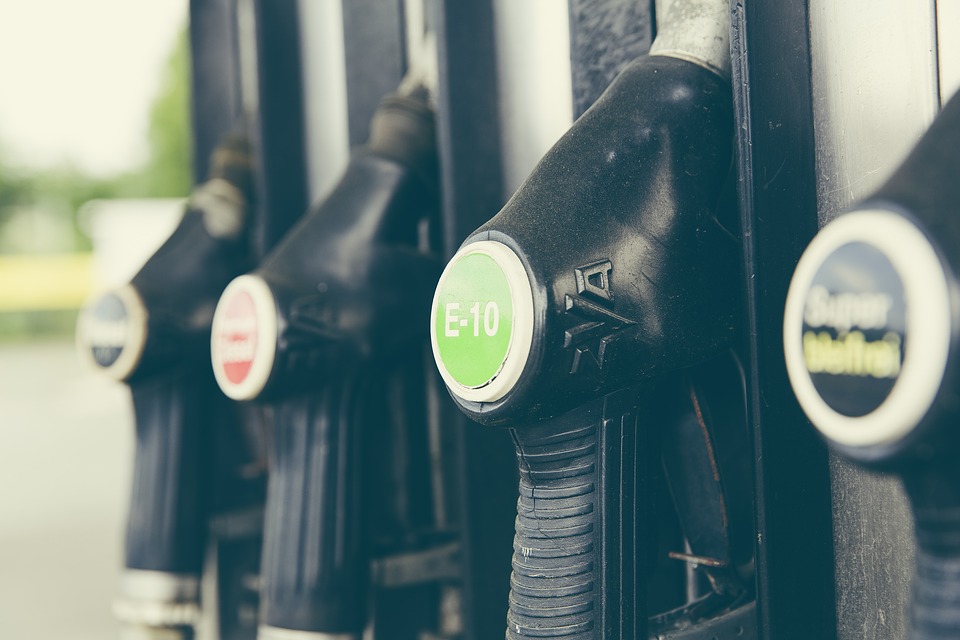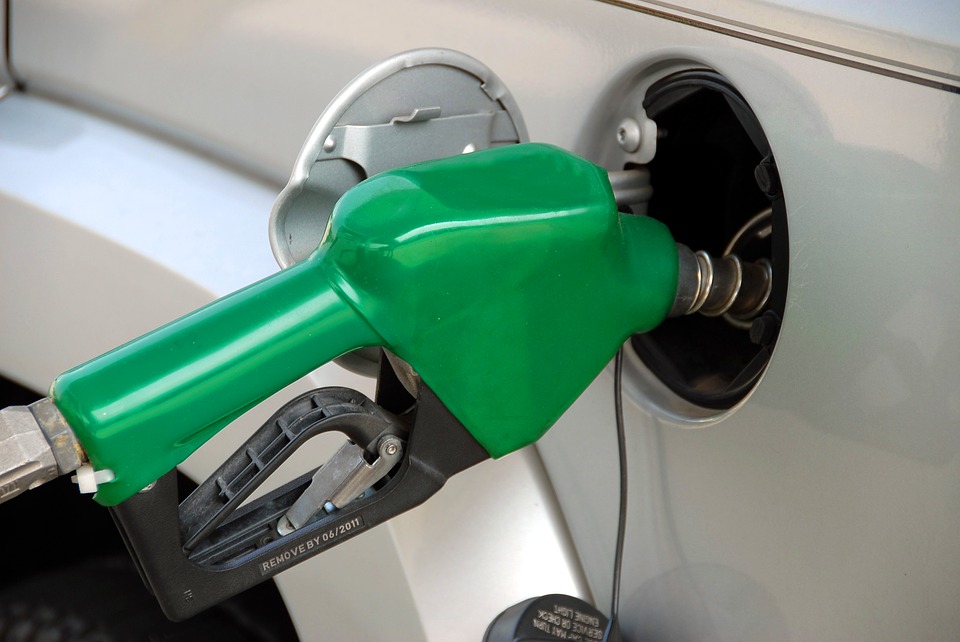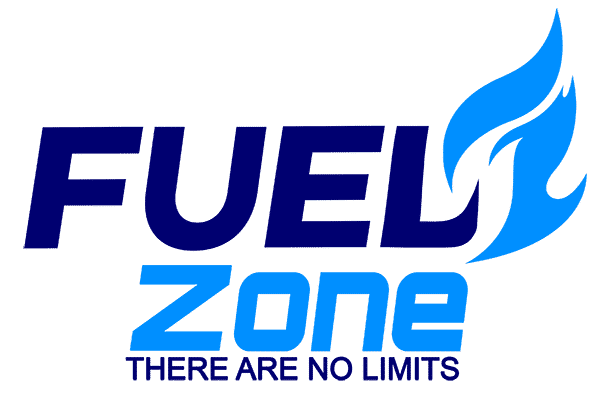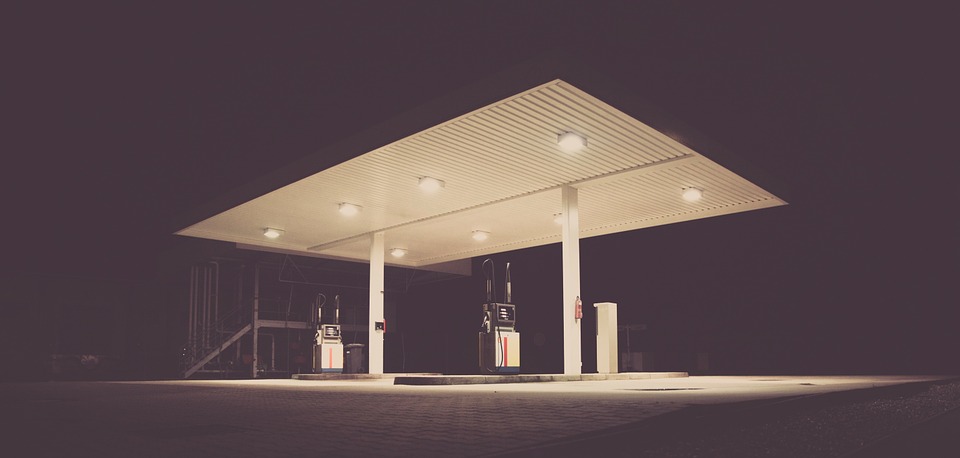Fuel consumers have been taunted by the radical hike in fuel prices. However, a large reduction in fuel prices are forecasted for December. This is according to the AA.
The AA says that should the current trend continue, a substantial breather will be welcomed as a result. A main driver of the lower prices has been the accelerating decline in the international oil prices.

Furthermore, the modest improvement in the Rand/US dollar exchange rate has helped the picture along quite substantially.
Current Data predicts a huge drop of R1.54 per litre for petrol, 92c for diesel and 85c for illuminating paraffin.
The current coastal price for unleaded 95 octane petrol per litre is R16.49. If it were to fall by R1.54 per litre, it would cost R14.95. The cost for the same grade of petrol inland would be R15.54 per litre.
However, the AA cautions that the Department of Energy recently re-introduced the use of the Slate Levy to manage price changes. Therefore the possibility that this may impact the final figure cannot be ruled out.
In addition, fuel users should also bear in mind that recent oil production cuts by Saudi Arabia could result in oil supply restrictions. Subsequently pushing prices higher.
So how does South Africa compare with the rest of the world?
Examining how South Africa compares with 60 other countries around the world with regards to the price of petrol, affordability and income spent on fuel.

The latest figures from Global Petrol Prices show during the past week, crude oil prices continued their downward trend marking a 10USD per barrel monthly decline.
As a result, the world average prices of gasoline and diesel also declined to levels of 1.12 USD and 1.07 USD per liter.
Looking at individual countries, the gasoline price changes varied from -6.5% (South Korea) to 1.2% (Tanzania). There was a decrease in 47 of the 111 reviewed countries, no change in 58 countries.
According to Bloomberg data for the first quarter of 2018, South Africa ranks 20th alongside 60 other countries in terms of the price for 1 litre of petrol.
Each country’s taxes and subsidies for fuel affects the pricing. In other words, we all pay the same for fuel on the international market, but then decide to impose different taxes.
Bloomberg ranks South Africa at 56 in terms of affordability. South Africa has a daily income of about R237.53 and consumers have to fork out about 5.98% of their daily income to afford just 1 litre of fuel.
Having this in mind South African motorists uses about 202.07 litres of petrol a year, swallowing up at least 3.31% of their average salary.

